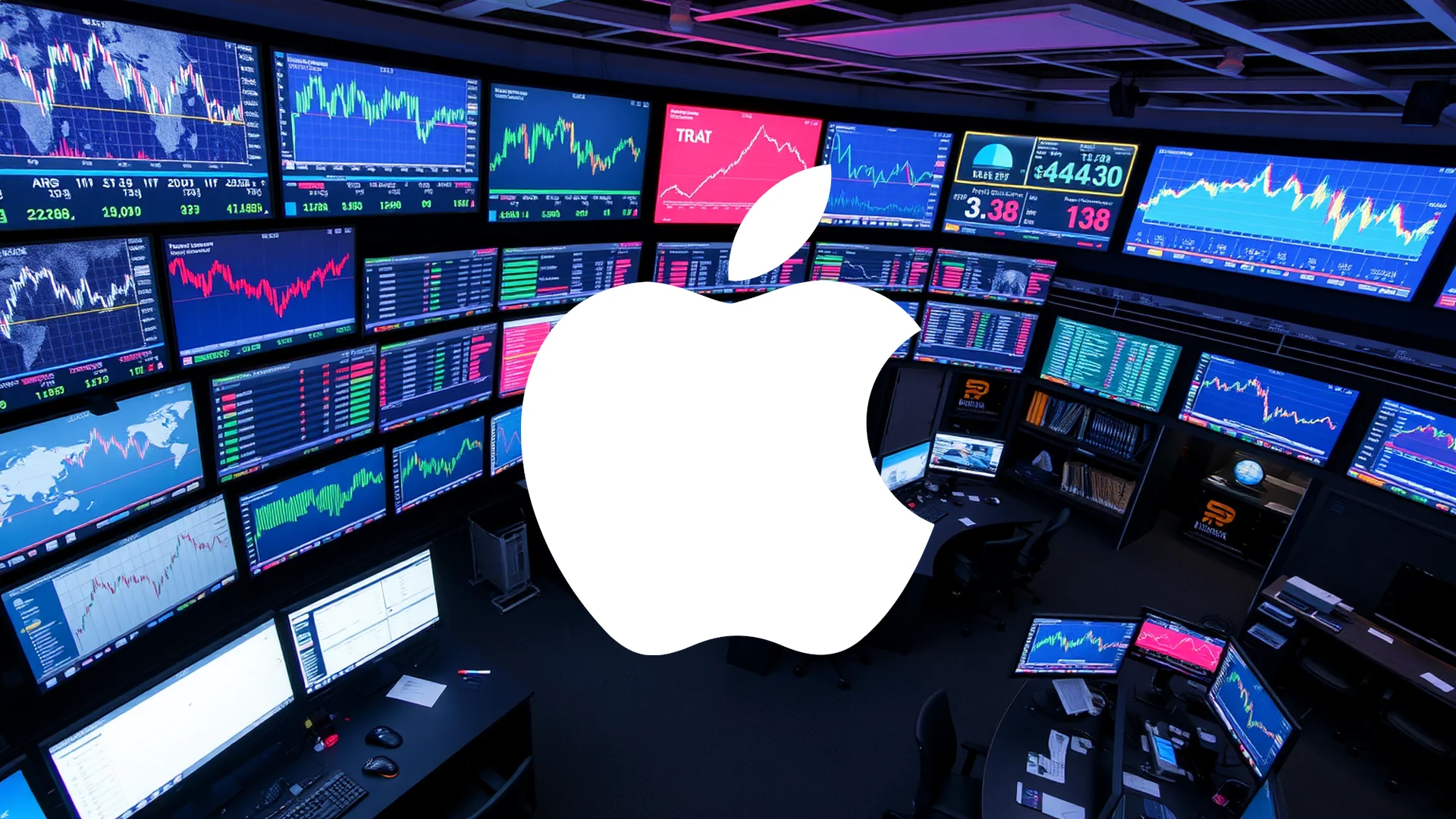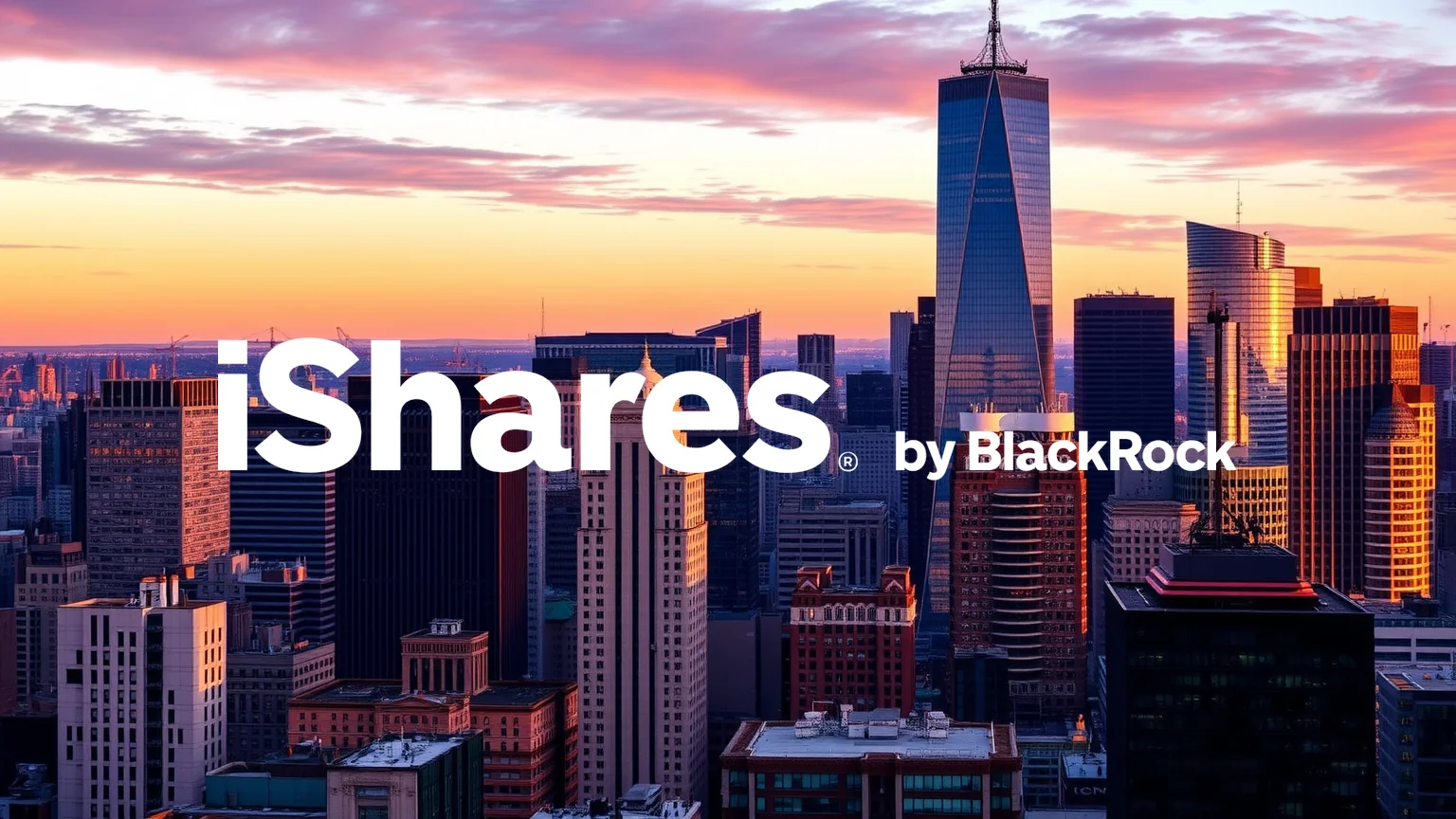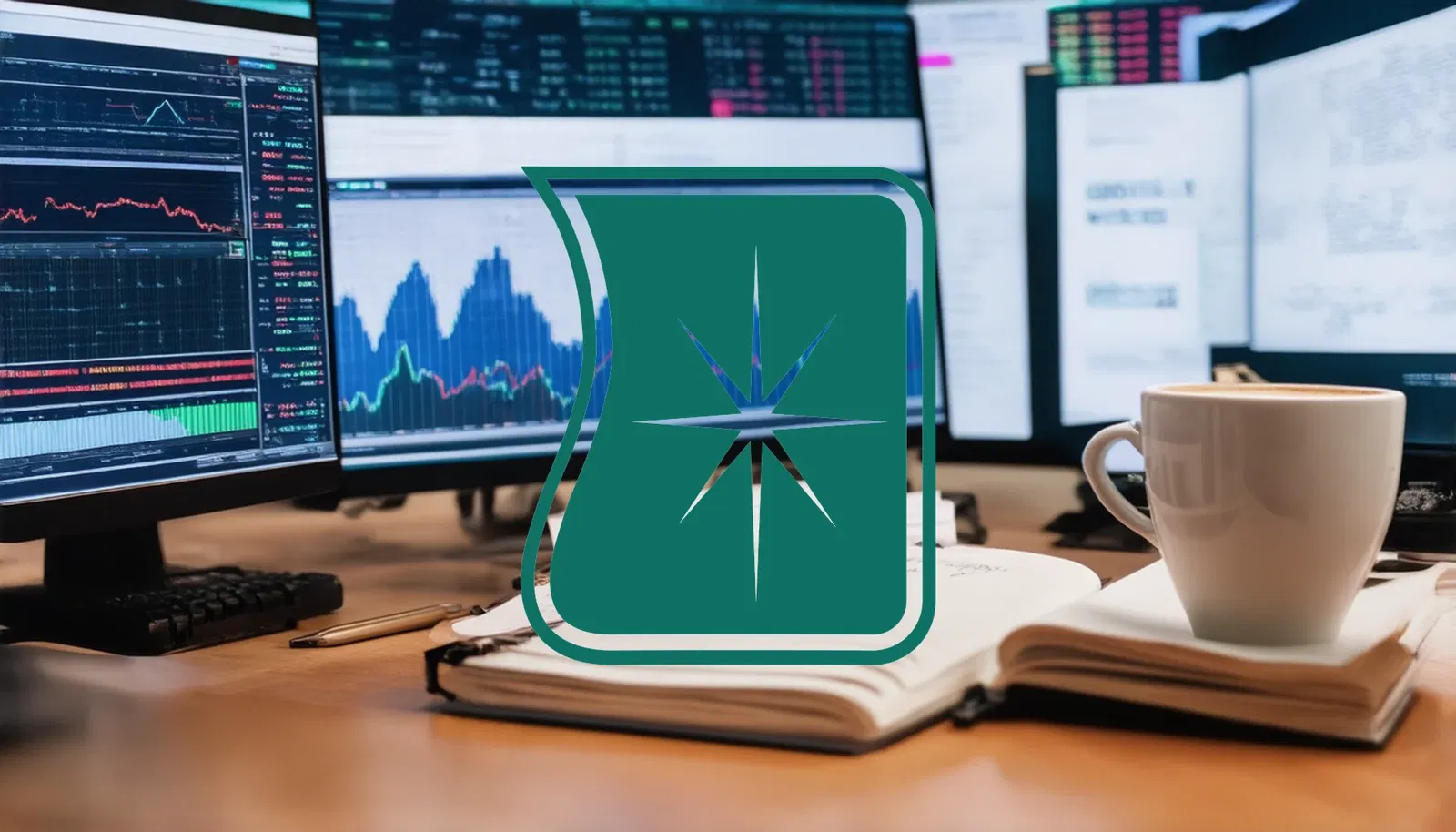A fascinating divergence is unfolding for Apple as the technology behemoth reports impressive sales growth in key Asian markets, while simultaneously facing a notable pullback from one of its most prominent long-term investors. This creates a complex investment picture where robust consumer demand conflicts with institutional caution.
Asian Markets Drive Impressive Growth
Contrary to the concerns of some investors, Apple’s fundamental performance tells a story of strength, particularly in crucial international markets. The company’s latest iPhone 17 has demonstrated remarkable performance in China, achieving a 22% sales increase during its initial four weeks of availability compared to the previous model. This surge has elevated Apple’s market share in China to 25%, representing significant inroads in this competitive landscape.
The positive momentum extends beyond China. Combined sales in both the United States and Chinese markets showed a 14% improvement during the first ten days of availability. Meanwhile, India continues to emerge as a success story for Apple, albeit at a moderated pace. With 18% growth in fiscal year 2025, the company recorded its slowest expansion rate in six years, yet still achieved a new milestone by shipping 12 million units. This performance solidifies India’s position as Apple’s fourth-largest market globally.
Berkshire Hathaway Reduces Stake
In a move that has captured market attention, Warren Buffett’s Berkshire Hathaway significantly trimmed its substantial position in Apple during the third quarter of 2025. The investment firm divested approximately 41.8 million shares, reducing its stake by about 15%. This strategic shift from one of Apple’s most steadfast institutional supporters raises questions about the stock’s long-term appeal to major investors.
Should investors sell immediately? Or is it worth buying Apple?
Ecosystem Evolution and Talent Competition
Beyond market performance and investment activity, subtle but potentially significant changes are occurring within Apple’s operations. The departure of Abidur Chowdhury, a key designer behind the iPhone Air, to join an artificial intelligence startup highlights the intense competition for top technology talent.
Simultaneously, a policy adjustment in Japan may signal a shift in Apple’s traditionally closed ecosystem approach. Japanese iPhone users will now be permitted to program the side button for use with third-party assistant applications. While seemingly minor, this concession could represent a symbolic step toward greater openness in Apple’s tightly controlled product environment.
The contrasting narratives—strong product acceptance versus institutional skepticism—create a compelling dilemma for investors. As Apple’s devices continue to achieve sales records across global markets, the confidence of its largest shareholders appears to be wavering, presenting a complex investment scenario that bears close observation.
Ad
Apple Stock: Buy or Sell?! New Apple Analysis from February 7 delivers the answer:
The latest Apple figures speak for themselves: Urgent action needed for Apple investors. Is it worth buying or should you sell? Find out what to do now in the current free analysis from February 7.
Apple: Buy or sell? Read more here...









